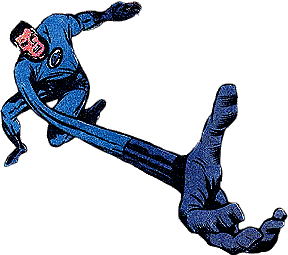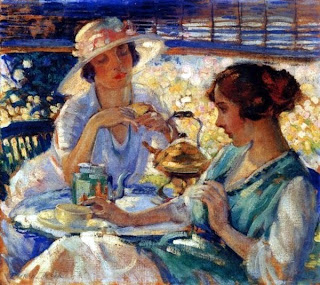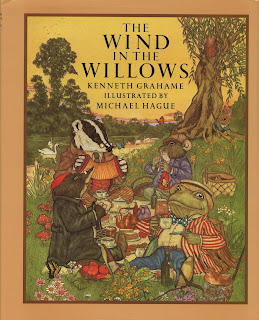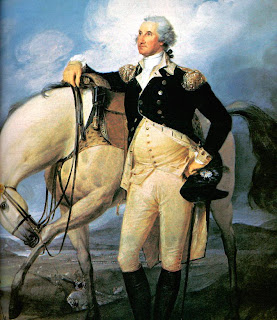
Booktryst
discusses France's most famous prison and the famous writer's who were kept there.
From the piece...
Voltaire, Madame de Staal de Launay, and the Marquis de Sade were merely the best known of the Bastille's literary inmates. Others included François de La Rochefoucauld, Rene Auguste Constantin de Renneville, and Louis Pierre Manuel. And many writers made wonderful fictional use of the prison's unique setting. Alexandre Dumas wrote The Man In The Iron Mask, one volume of The Three Musketeers, based on tales of a mysterious real-life masked prisoner in the Bastille. And Dickens's Tale of Two Cities revolves around the eighteen-year imprisonment there of Dr. Alexandre Manette. The Bastille also figures in works as diverse as The Scarlet Pimpernel, A Little Princess, and Les Miserables.
The French National Library's exhibit, La Bastille, or Living In Hell continues in Paris through February of 2011. Whether or not you can visit the show in person, it serves as a reminder that the written word can be a dangerous thing. Given the choice of losing their liberty or putting down their pens, writers over the centuries, and throughout the world, have chosen to live in chains. We owe it to them to protect freedom of expression and freedom of the press whenever, and wherever, they are threatened.And, since we're on the subject of prison, Huffington Post offers this
list of books that are accurate about life in prison, offered up by a writer in prison.


















































